
Seattle’s horse left the barn in 1997 when Boeing acquired its sickly competitor McDonnell Douglas. Little did anyone suspect that a company on life support could hijack the culture of its acquiring giant and precipitate a corporate tailspin that would drive the company into financial bailout territory.
The public could be forgiven for believing Boeing’s problem is the 737 MAX safety issue compounded by the Covid-19 crisis. The truth is more complex and the problems, including those related to the 737 MAX, derive from a cultural change that began with the McDonnell Douglas merger.
Essentially, the company’s transformation from a locally based engineering culture to a bottom-line orientation has led Wall Street and the airline industry to question the quality and reliability of the company’s products and leadership.
Following its acquisition of McDonnell Douglas, Boeing became a Wall Street darling in a series of moves that included moving the company’s headquarters to Chicago, the surprise resignation of president Phil Condit, a Boeing lifer, and the appointment of Harry Stonecipher, a former GE executive and protégé of Jack Welch who came in with the merger. With his ascendancy, the McDonnell Douglas hijacking of the company culture was complete.
Before the merger, promotion at Boeing was primarily from within. Engineers were promoted on the strength of their expertise and the products they created. Aircraft design was a cooperative effort with airline input and the effort was rewarded with passenger satisfaction and company prosperity.
It’s hard for me to criticize The Boeing Company. I worked there when I was in college, and I have friends who spent their entire careers in its employ. As a Pan Am pilot, I flew three of its airplanes. Boeing was the gold standard in American engineering and manufacturing. Today, it’s a startling example of what happens when shareholder value trumps product quality in a company’s operational plan.
When the merger was complete, Alan Mullaly was serving as president of Boeing Commercial Airplanes and in 2001 he was made CEO of that most important and profitable division. In 2005, after scandals forced the resignations of company Phil Condit and Harry Stonecipher, he was passed over for the CEO job and left the company.
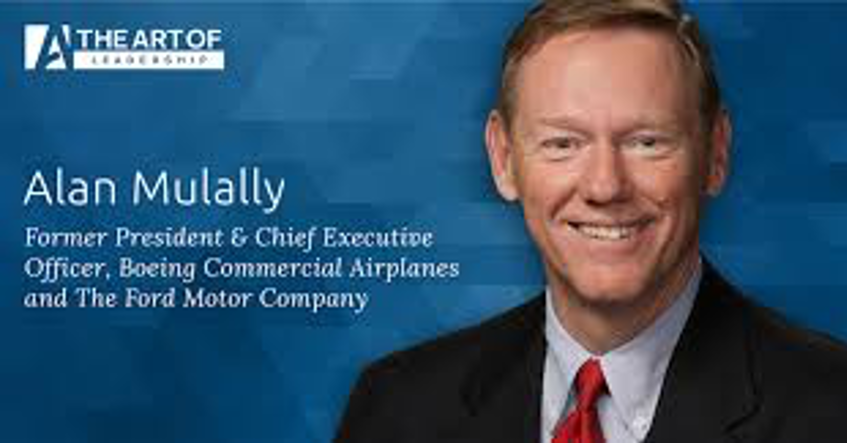
Alan Mullaly was a superstar, admired by business leaders, industry insiders and Boeing employees alike. His departure marked the end of an era. After he left the company, other longtime employees like my friend Jim Morris, Head of Engineering and Manufacturing, left too.
But, the business world kept its eye on Alan Mullaly, and in 2006, when the American automobile industry was in dire straits because of foreign competition, he was hired by Ford Motor Company as its CEO. In that position, he brought the company back from the edge of bankruptcy. Under his leadership, and in spite of the 2008 Great Recession, it was the only American car manufacturer not to need a recession bailout funded by the government, and under Mullaly’s leadership established itself as the premier American auto manufacturer.
Fast forward to the Covid-19 crisis. Since it was first alerted in January, the White House has been offering band aids to a nation bleeding to death. We are reminded on a daily basis that there is a leadership vacuum. Trump has been operating without a plan, shooting from the hip, ignoring his science advisors, and, as he admits, unwilling to accept responsibility for anything related to the problem.
Early in his presidency, Donald Trump was asking “Where’s my Roy Cohn?” referring to the disgraced disbarred lawyer who protected and mentored him early in his career. Today, as we look for leadership at the top, America would do well to change that refrain to “Where’s my Alan Mullaly?” though Mullaly is Cohn’s ethical opposite.
Trump’s found a Roy Cohn in Attorney General William Barr, but Barr’s role has looked more like spin doctor defense than guidance in confronting the Covid-19 crisis. What the nation needs is leadership and a plan to deal with and protect us from the viral invader. I nominate Alan Mullaly; someone who has the skills to manage the crisis and lead us to the “new normal.”
Who better than an executive who’s proven himself in two major manufacturing sectors – airplanes and automobiles? An experienced logistics expert, who with the authority of the Defense Production Act, might be able to guide us out of this nightmare. We need a testing plan, a contact tracing plan, a ventilator production plan, personal protective equipment for our health care professionals, and a distribution plan to get these essentials to the people who need them.
We’ve had enough of Donald Trump as Commander-in-Chief and by the same measure Boeing has had enough of the McDonnell Douglas bean-counters. The nation and Boeing both need leadership with more than shareholder value to guide them.
Boeing is currently led by David Calhoun, an accountant and former GE executive. As CEO, since earlier this year, he has been considering a bailout under the Coronavirus Aid, Relief, and Economic Security or “CARES” Act. The problem is he doesn’t like the conditions imposed by the Act – including the promise to retain employees and limitations on executive pay. Mr. Calhoun and his board would rather bust unions, (as they did when they moved a plant to non-union South Carolina), and reduce staff and pay while raising their own compensation. Like Trump, Boeing leadership seems to care little for the men and women who made it the world’s largest aerospace company and America’s largest exporter. Since the McDonnell Douglas leadership team took over, Boeing has engaged in serial union busting and reductions in pension and work rule protections while accelerating raises in executive pay.
Calhoun is only the last in a series of CEOs whose cost cutting and engineering short cuts, including outrageous “extra charges” for safety features on the 737 MAX resulting in two crashes and the death of 346 passengers in 2018/2019. These cost saving decisions at the expense of aircraft and passenger safety have driven Boeing into the ditch just as Donald Trump has driven the nation down there by abdicating his responsibility for the protection and defense of the American people under the Constitution of the United States. It’s time for a change in both places.
Where’s my Alan Mullaly?
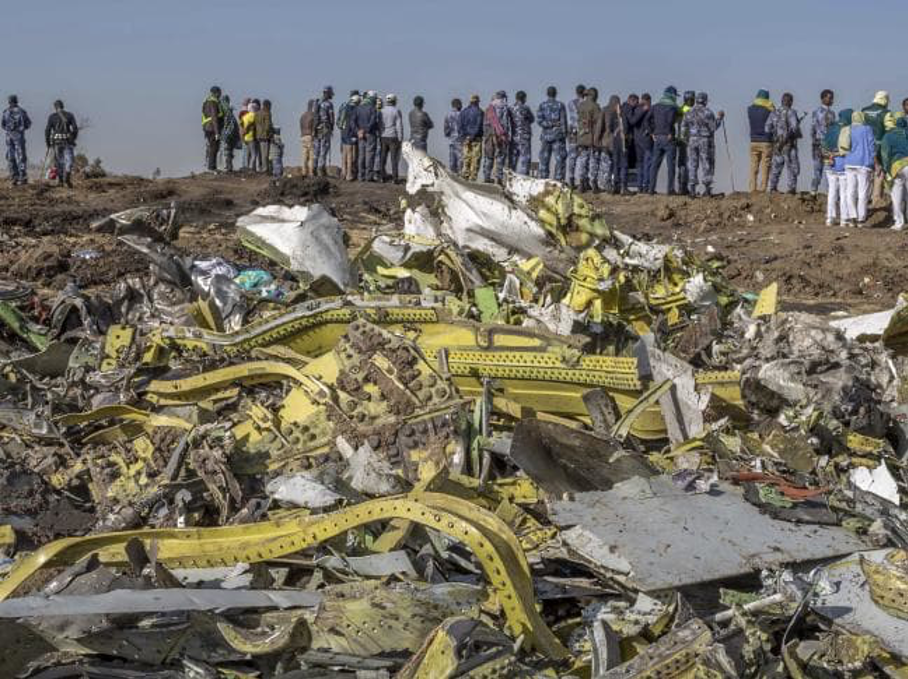


























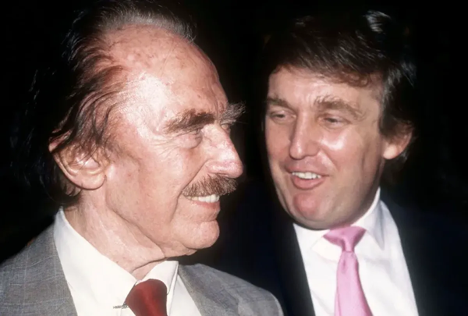


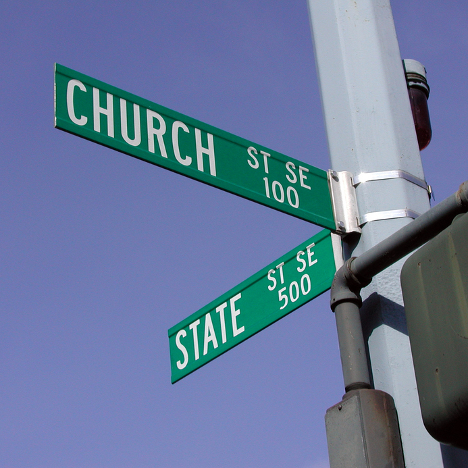
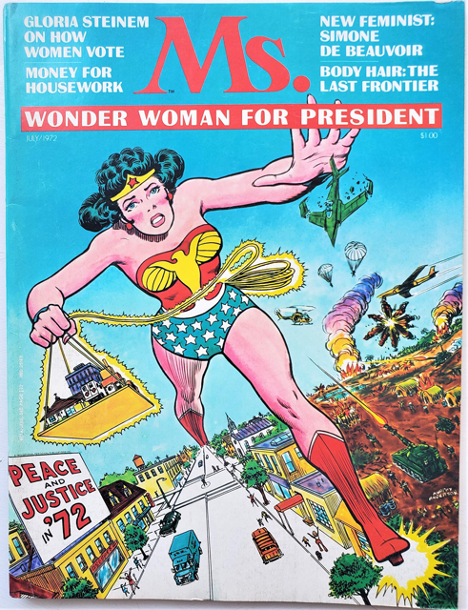

Very informative. I knew something was rotten Denmark, but the details escaped me.
I foresee hopeful change coming. “If Winter comes, can Spring be far behind”
Very good points. Mr. Mulally would be a great choice for just about any large scale crisis/issue/problem. “Working Together” and “define reality, point to hope” leadership is so simple and straight forward, and so hard to find. In my years at Boeing I was very fortunate to have learned so much from Alan. I continue to carry these lessons into retirement.
Also, I lived through many changes at Boeing from 1978 to 2018. New airplane programs, downturns, 9/11, Malaysia disappearance, cancelled programs. But, the most difficult was when Stonesifer pronounced that we were no longer a “family”. We were now a “team”. None of us could really understand. We were always a family first and then a team. This culture change was a gut punch. Many did not recover.
Last note: If anyone would like to know more about Mr. Mulally’s time at Ford, the book ‘American Icon, Alan Mulally and the Fight to Save Ford” is excellent.
Good to see someone tell it like it is. Many of our friends ate pilots and Boeing engineers and would agree whole heartedly with your observations.
Jack loved the article and passed it on to a retired auto executive who left Ford with Ioacocoa. His query is “If Boeing was in a dominant position how did this happen”.